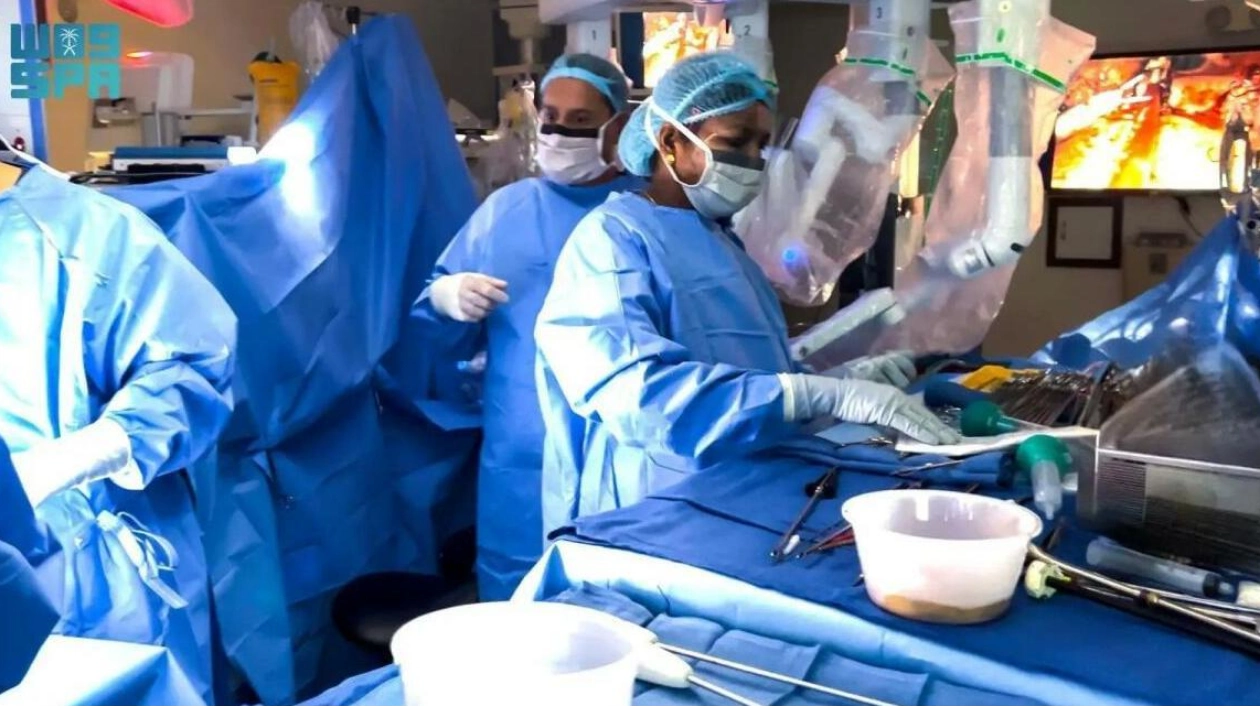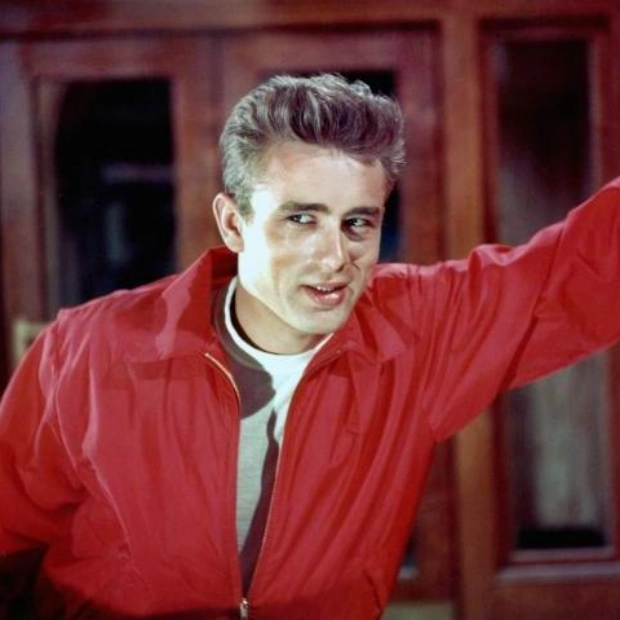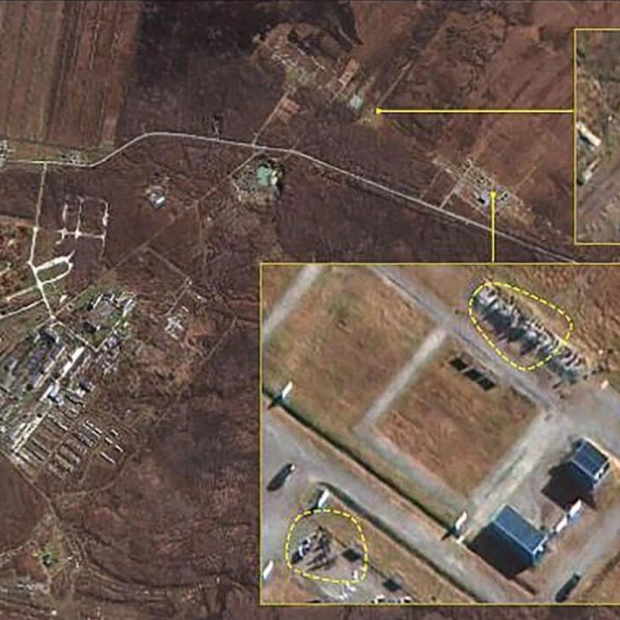In a groundbreaking medical achievement, doctors at King Faisal Specialist Hospital & Research Centre (KFSHRC) in Saudi Arabia have successfully conducted the world's first fully robotic heart transplant on a 16-year-old patient with end-stage heart failure, as reported by the Saudi Press Agency.
The procedure, which lasted two and a half hours, was led by Dr. Feras Khaliel, the head of Cardiac Surgery and Director of the Robotics and Minimally Invasive Surgery Program at KFSHRC. To ensure the success of this innovative surgical approach, which involved performing the transplant without opening the patient's chest, Dr. Khaliel assembled a specialized medical team.
The team meticulously practiced the procedure virtually seven times over three days before executing it on the patient, according to the SPA. This milestone represents a significant advancement in heart transplant surgery, shifting away from traditional chest-opening procedures that require lengthy recovery periods, often spanning weeks or months, and limiting the patient's ability to perform daily activities post-op.
Robotic technology enables minimally invasive surgery, reducing pain, shortening recovery time, and minimizing the risk of complications. This significantly enhances patients' quality of life and accelerates their recovery. According to the SPA, KFSHRC CEO Dr. Majid Al Fayyad praised this achievement as a major advancement in heart transplant since the historic first heart transplant in the 1960s.
Dr. Al Fayyad emphasized that "the success of the world's first robotic heart transplant signifies a transformative leap, not only for our institution but also for Saudi Arabia's journey toward global leadership in specialized medicine, in alignment with Saudi Vision 2030, which prioritizes innovation as a key driver to improve quality of life".






